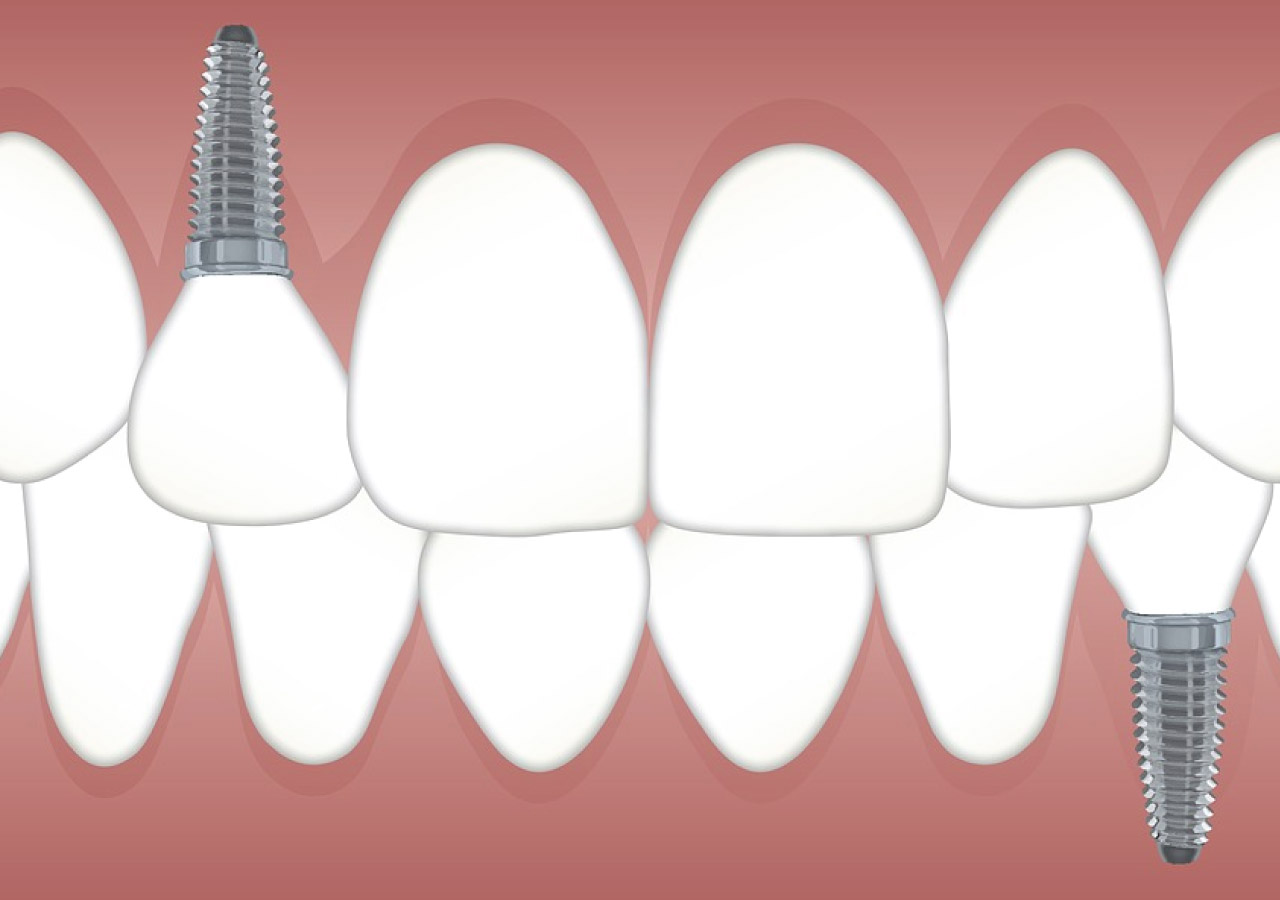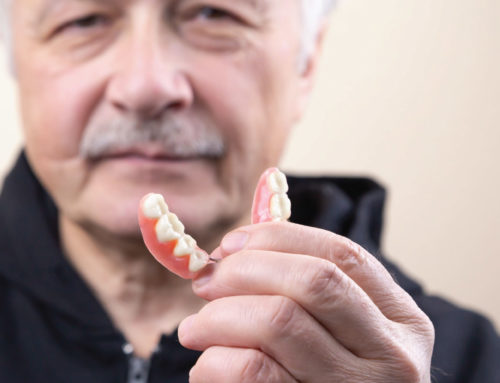Dental implants are artificial tooth roots that are inserted into the jawbone to hold a replacement tooth or bridge in place. They are an option for people who have lost one or more teeth due to injury, periodontal disease, or other reasons.
The implant is made of a biocompatible material, typically titanium, that fuses with the jawbone over time. This creates a strong, stable foundation for the replacement tooth or bridge. The implant will look, feel and function like a natural tooth.
There are different types of dental implants depending on the individual’s needs, but the most common type is the endosteal implant, which is placed directly into the jawbone. Another type is the subperiosteal implant which is placed on top of the jawbone but under the gum tissue.
Dental implant placement is a surgical procedure that is usually done under local anesthesia or IV sedation. The healing process can take several months, and several appointments may be required to complete the treatment. Once the implant has fused with the jawbone, an abutment is placed on top of the implant. The abutment is a connector that holds the replacement tooth or bridge.
- Dental implants have several benefits:
- They look and function like natural teeth
- improve the appearance of the smile
- Improve the ability to chew, speak and bite
- Prevent future dental issues
- Are durable and can last for many years if properly cared for..
It’s important to consult with a dentist to determine if dental implants are the right option for you and to discuss which type of implant would be the best fit.
What are the Benefits of Dental Implants
Dental implants are a popular and effective solution for people who have lost one or more teeth. They offer several benefits, including:
Natural appearance: Dental implants are designed to look and feel like natural teeth, they can blend in seamlessly with the rest of your teeth and improve the appearance of your smile.
- Improved function: Dental implants can help to restore the ability to chew, speak, and bite properly, which can improve the overall quality of life.
- Durability: Dental implants are designed to last for many years, with proper care and maintenance, they can last a lifetime.
- Preservation of jawbone: Dental implants can help to preserve the jawbone by mimicking the root of a natural tooth. As a result, dental implants can help to prevent bone loss and facial collapse, which can occur when a tooth is missing.
- Easy maintenance: Dental implants are easy to clean and maintain, they can be brushed and flossed just like natural teeth.
- Long-term solution: Dental implants can be a long-term solution for people who have lost one or more teeth. They can help to prevent future dental issues and improve overall oral health.
- Versatility: Dental implants can be used in different situations, such as single tooth replacement, multiple teeth replacement or even full arch replacement.
It’s important to consult with a dentist to determine if dental implants are the right option for you and to discuss which type of implant would be the best fit.



